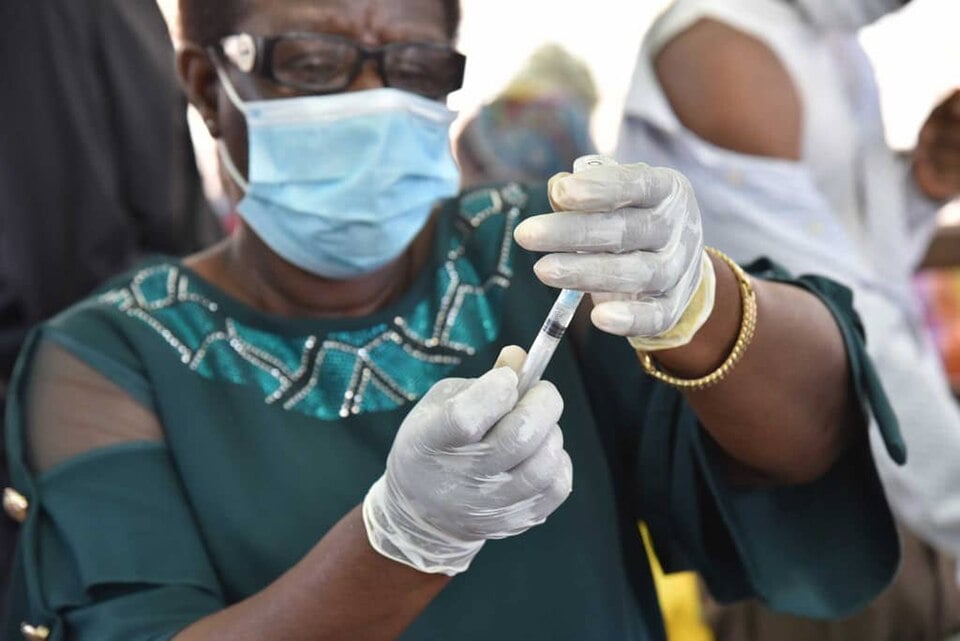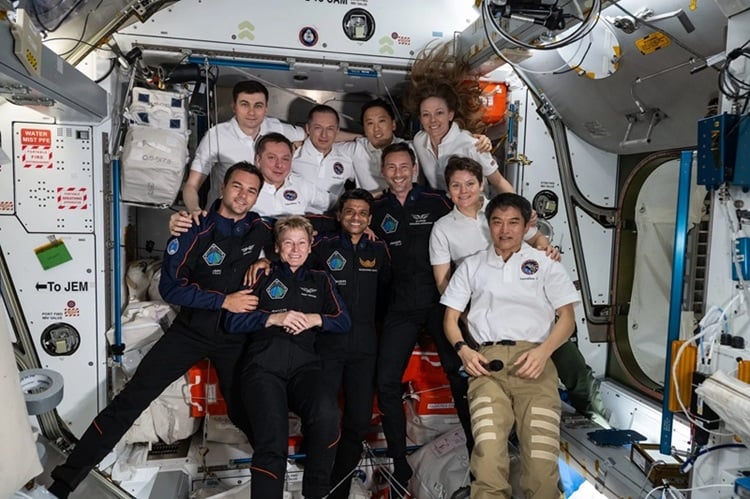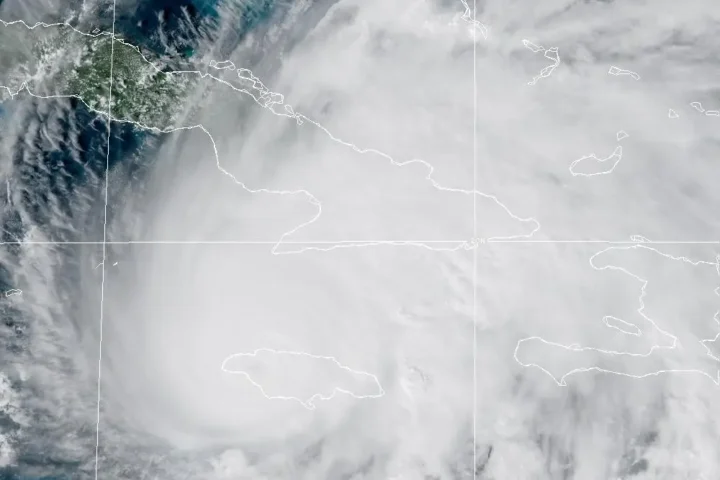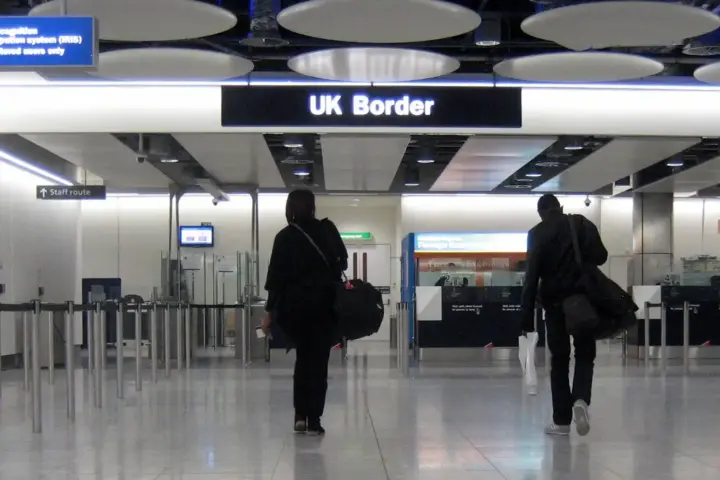South African scientists were just one week away from starting clinical trials for a promising HIV vaccine when they received devastating news. The United States had suddenly withdrawn all funding for their research project, forcing them to stop all work immediately.
The BRILLIANT program, which lost $46 million in US funding, was designed to leverage South Africa’s unique genetic diversity and deep expertise to develop an HIV vaccine that could benefit people worldwide. Professor Abdullah Ely, who leads one of the research teams, confirmed they had already seen promising results showing the vaccines were producing an immune response before everything “had to come to a halt.”
“We do the trials better, faster and cheaper than anywhere else in the world, and so without South Africa as part of these programs, the world is much poorer,” said Glenda Gray, who heads the BRILLIANT program.
The funding cuts are part of a broader dismantling of foreign aid by the Trump administration, which has announced a shift toward focusing on priorities at home. South Africa previously received approximately $400 million annually through USAID and PEPFAR (the US President’s Emergency Plan for AIDS Relief). That support has now disappeared.
The impact extends far beyond vaccine research. At least 8,000 health workers in South Africa’s HIV program have already lost their jobs. Also gone are the data collectors who tracked patients and HIV counselors who reached vulnerable patients in rural communities.
Similar Posts
For young researchers and lab technicians like Nozipho Mlotshwa at the University of the Witwatersrand, the situation is especially dire. “It’s very sad and devastating, honestly,” she said of the cuts. Mlotshwa uses her salary to support her family and fund her studies in a country where youth unemployment hovers around 46%.
The funding withdrawal threatens years of progress in HIV prevention and treatment. South Africa has been crucial to developing breakthrough treatments like lenacapavir, the world’s only twice-a-year shot to prevent HIV, which was recently approved by the US Food and Drug Administration. One study proving its effectiveness involved young South Africans.
UNAIDS Executive Director Winnie Byanyima has warned that if US funding for HIV programs isn’t replaced, it could lead to an additional six million new HIV infections and four million more AIDS-related deaths globally by 2029.
The cuts particularly affect other African countries highly dependent on US funding, including Zambia, Nigeria, Burundi, and Ivory Coast. While these countries are increasing their domestic resources in response, Byanyima acknowledged “what they are putting down will not be funding in the same way that the American resources were funding.”
Universities South Africa, an umbrella organization, has applied to the national treasury for over $110 million for projects at some of the largest schools. The South African government estimates universities and science councils could lose about Global Child Vaccine Crisis $107 million in US research funding over the next five years, affecting both HIV and tuberculosis research.

Without sustained international support, experts fear the cuts will lead to a sharp rise in HIV infections and erode years of hard-won progress, potentially jeopardizing the global goal of ending AIDS as a public health threat by 2030.
The situation in South Africa highlights a broader shift in U.S. foreign collaboration policies, while private sector initiatives like Microsoft’s R25.8 Billion investment in South Africa’s technology sector continue. Some alternatives to traditional aid are emerging, such as debt-for-nature swaps, though these don’t address the immediate healthcare funding crisis.


















